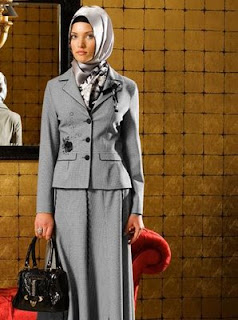An analyst is expected to work well in teams, being able to think critically, ability to work with numbers and having financial insight to interpret data in ways that can be easily understood.
The environment an analyst would typically find themselves in is a standard office, or in some cases, working from home, occasionally travelling to meet investors and potential clients, or scheduling weekend meetings.
In order to be an analyst, one would need to possess a bachelor's degree in finance, business administration, accounting, economics, or statistics is recommended, and some competitive careers can require a master's degree or certification. A common syllabus would include subjects like accounting fundamentals, business valuation, international financial management, and concepts of financial reporting. Analysts may pursue a Chartered Financial Analyst (CFA) certification to further enhance their knowledge and skills to enhance their competency. Strong selling and communication skills are also important, particularly for those considering self-employment.
As the current generation of Baby Boomers in the workplace approach retirement age, there is an increased potential of people making investments, which is expected to create substantial growth in demand for financial analysts. Despite this, competition is expected to be very tough for these positions and limited to those with formal training. A strong education background is essential and an MBA or formal certification is recommended to have an advantage in landing a job as a financial analyst.
The average salary per month is approximately between RM3,000-5,000, although fresh graduates may start from a lower pay range before getting confirmed and gaining enough experience on the job.
Overall, financial analysis is a challenging field that would reward those who are passionate and skilled at number crunching. The increasing amount of opportunities due to the changing work environment is also a factor to consider in pursuing a career as a financial analyst.




